Back to Basics: Discover the Simple Joys of Homemade Tallow Soap (No Fancy Equipment Needed)
Forget Fancy Molds - This Rustic Beef Tallow Soap Is a Game-Changer
In the world of homemade soaps, there's often an assumption that you need a dizzying array of specialty equipment and intricate molds to create something worthy of your bathroom counter.
However, as one seasoned homesteader recently discovered, that couldn't be further from the truth. Armed with a well-worn copy of Carla Emery's "The Encyclopedia of Country Living," they set out to prove that high-quality, handcrafted soap could be made with the most basic of tools.
The Key Ingredients: Beef Tallow, Coconut Oil, and Olive Oil
At the heart of this unassuming soap recipe lies a trio of humble, yet powerhouse ingredients: beef tallow, coconut oil, and olive oil. Beef tallow, a traditional fat used in centuries-past soap making, provides a deep, creamy lather and nourishing properties for the skin. Coconut oil, with its renowned cleansing and antimicrobial qualities, helps to create a rich, bubbly foam. And the addition of olive oil lends a gentle, moisturizing touch, making this soap a soothing treat for even the most sensitive skin.
No Fancy Molds Necessary: A Simple, Old-Fashioned Approach
Armed with Carla Emery's guidance, the homesteader set to work, forgoing the usual array of intricate silicone molds or specialized soap-making equipment. Instead, they relied on a simple, old-fashioned method - pouring the molten soap mixture directly into a basic loaf pan.
"The beauty of this recipe," the homesteader explains, "is that you don't need to fuss with anything fancy. Just a simple loaf pan, and you've got a homemade soap that rivals anything you'd find in a high-end boutique."
As the soap cooled and hardened in the pan, the homesteader was delighted to see the rustic, artisanal appearance taking shape - no fancy swirls or precise geometric shapes required. This stripped-back approach not only simplified the process but also allowed the natural goodness of the ingredients to shine through.
The Homemade Beef Tallow Soap Recipe
Ingredients:
- - 12 oz beef tallow
- - 6 oz coconut oil
- - 4 oz olive oil
- - 4.5 oz lye (100% pure sodium hydroxide)
- - 10 oz water
Instructions:
- 1. Melt the beef tallow, coconut oil, and olive oil together in a double boiler or heat-safe bowl set over a pot of simmering water.
- 2. In a separate container, carefully combine the lye and water. Stir until the lye is fully dissolved. Allow the lye-water mixture to cool.
- 3. Once the oils have melted and the lye-water has cooled to around 100-110°F, slowly pour the lye-water into the oils, stirring continuously.
- 4. Continue to stir the soap batter for 10-15 minutes, until it begins to thicken and reach a light trace (where the batter leaves a momentary trail on the surface when drizzled).
- 5. Pour the soap batter into a greased loaf pan or mold of your choice. Allow the soap to sit undisturbed for 24-48 hours.
- 6. After the soap has fully hardened, remove it from the mold and cut into bars. Allow the bars to cure for 4-6 weeks before use.
A Rustic, Old-Fashioned Treasure
As the homesteader proudly displayed their freshly cut bars of tallow-based soap, it was clear that this was no ordinary homemade creation.
The simple, unadorned appearance spoke to a bygone era, a time when soap was made not for its Instagram-worthy aesthetics, but for its pure, unadulterated functionality.
"This soap isn't about fancy shapes or colorful swirls," the homesteader mused. "It's about honoring the old ways, using high-quality, natural ingredients to create something truly nourishing and effective. And the best part? You don't need any special equipment to make it happen."
So, the next time you find yourself longing for the simple pleasures of homemade soap, take a cue from this homesteader's journey and rediscover the joys of a rustic, old-fashioned recipe that lets the quality of the ingredients shine through. No molds required.
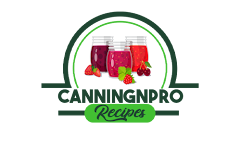



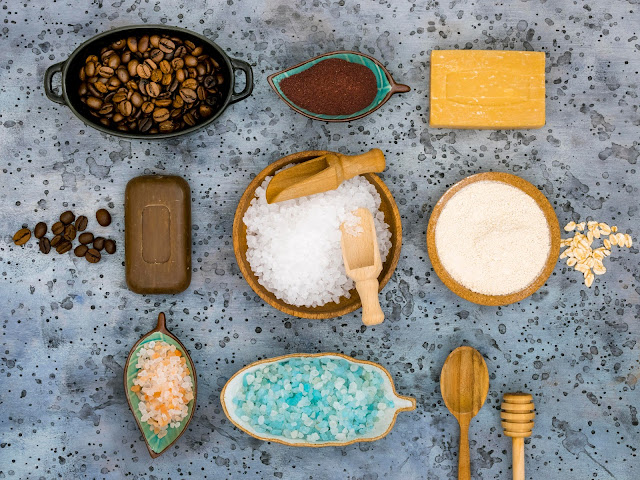

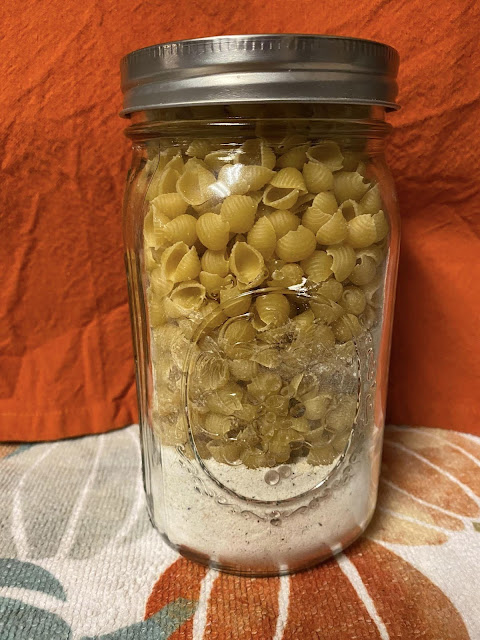




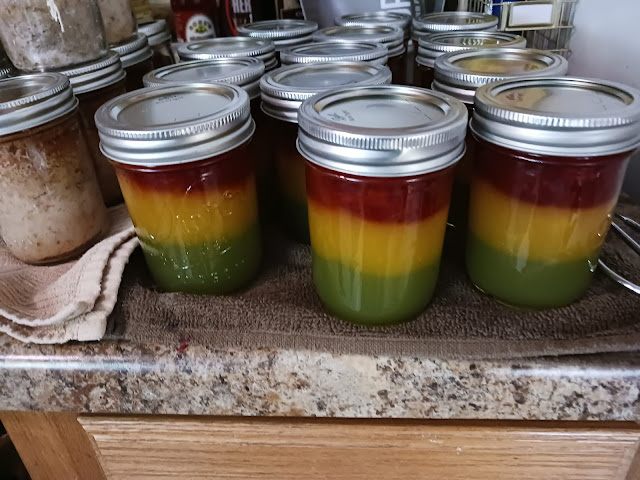

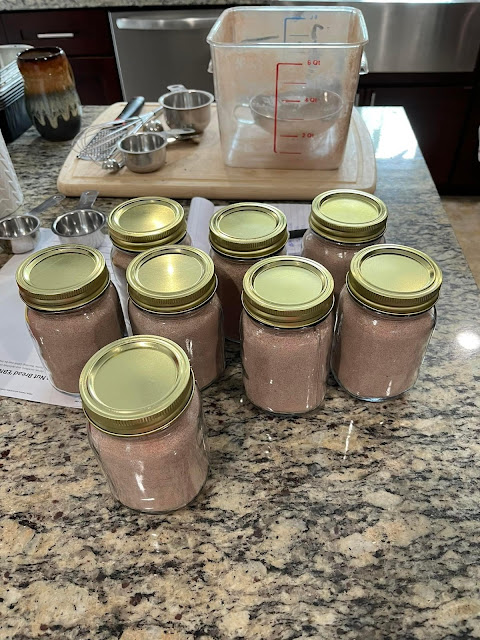
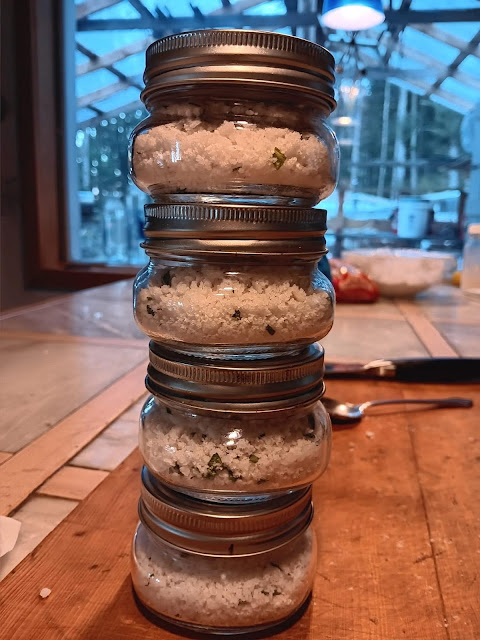
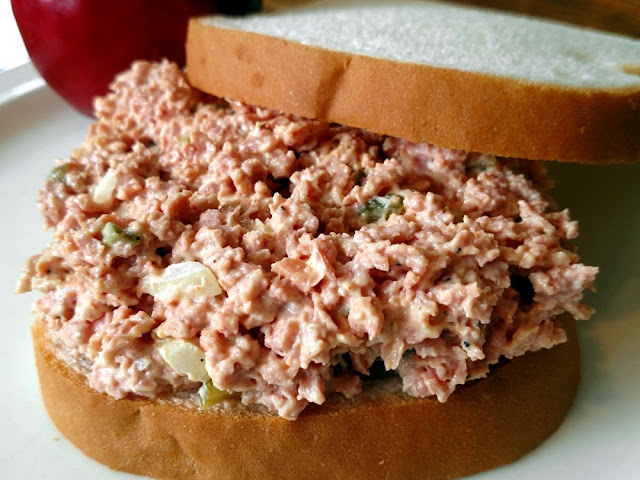
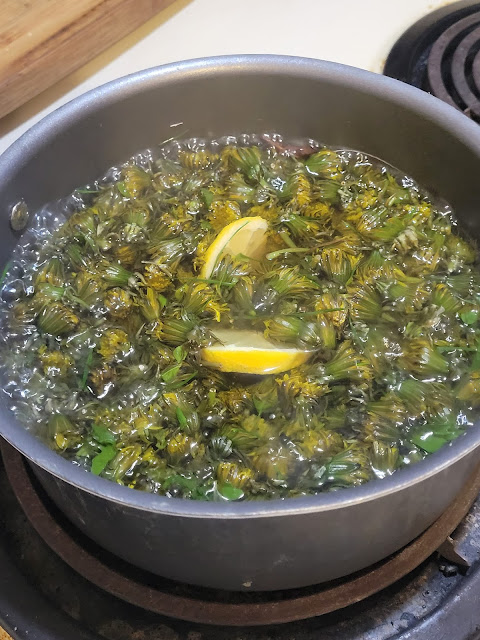



Comments